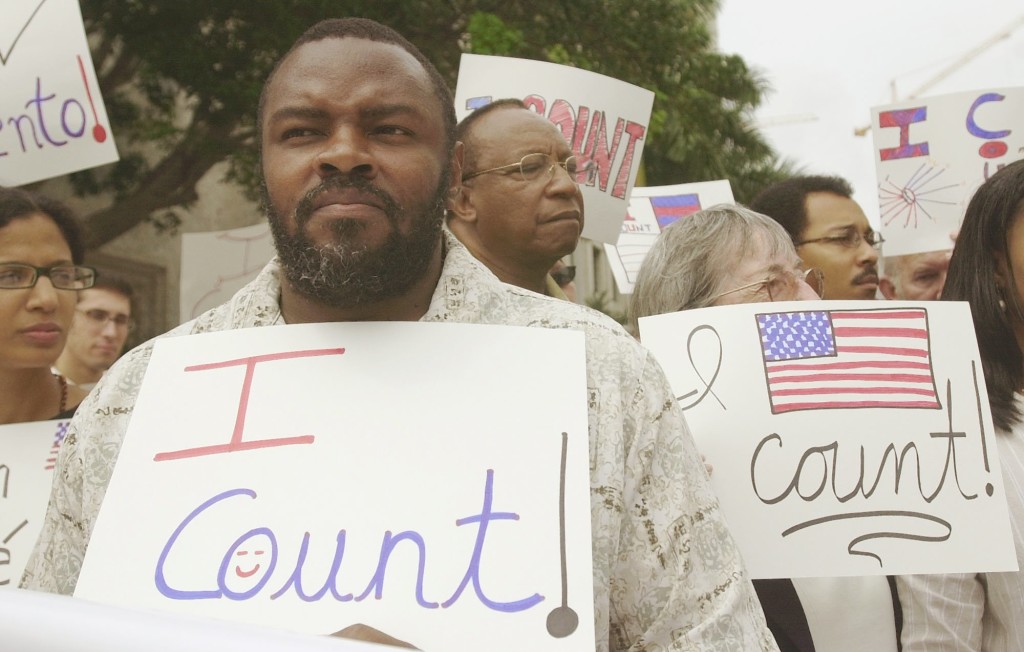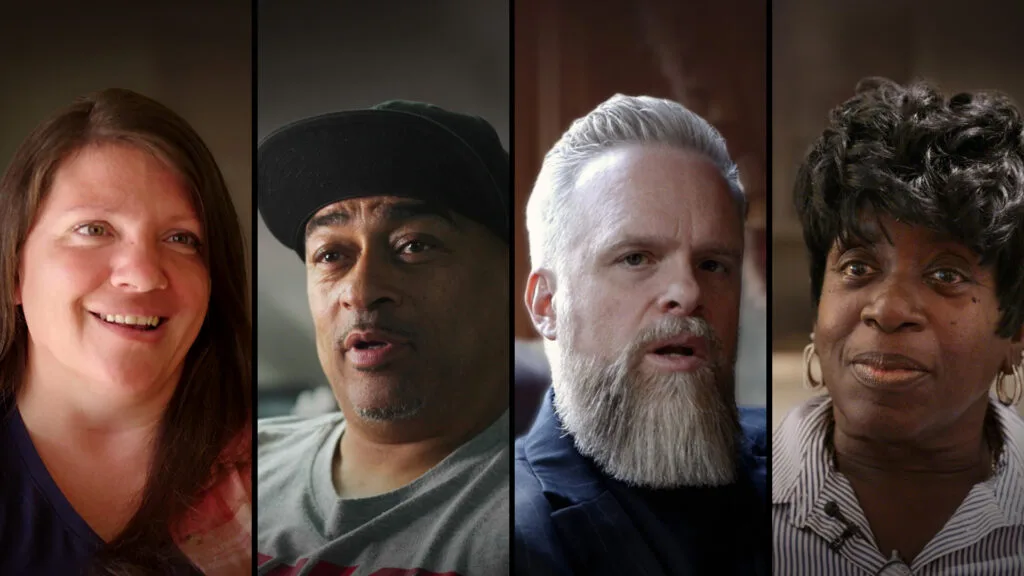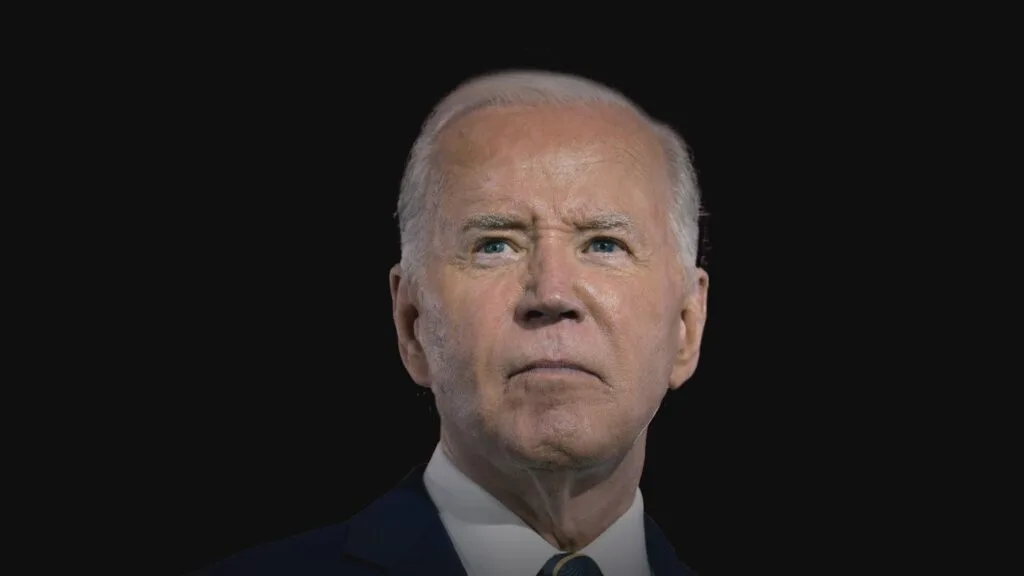Maryland Votes to Expand Felons’ Voting Rights

February 9, 2016
Share
Maryland has become the latest state to expand the right to vote to felons who have been released from prison, in the most significant expansion of voting access for ex-offenders in recent years.
The state legislature on Tuesday voted to overturn Gov. Larry Hogan’s veto of a bill granting expanded access to the ballot. Hogan, a Republican, told lawmakers that Maryland law at the time of the veto — which restored voting rights once offenders completed all aspects of their sentence, including parole and probation — was more appropriate. Critics, including some ex-offenders, argued that approach amounted to taxation without representation. The new law restores voting rights immediately upon a prisoner’s release.
“These are people living in the community,” said Nicole D. Porter, advocacy director at the Sentencing Project, a nonprofit group that works toward criminal justice reform. “They participate in other areas of the social contract. They are expected not to recidivate. They pay taxes. They want to participate in democracy and should have a role in deciding who represents them.”
The new law is expected to restore the right to vote for an estimated 40,000 people in Maryland, which, once it takes effect next month, should allow them to vote in the state’s April presidential primary election.
Doug Mayer, a spokesman for the governor, said in a statement that lawmakers had “decided to ignore reason and common sense and support an action that the vast majority of Marylanders vehemently oppose.” He added, “For too long, voters have been completely ignored by their elected representatives in Annapolis — it happened again today and our citizens deserve better.”
Nearly six million Americans are unable to vote because of their criminal records, a disproportionate number of whom are African-American. In recent years, as states have begun to push for reforming the criminal justice system, including making it easier for those with criminal records to find jobs and housing, a few have also begun to consider restoring voting rights for those with felony convictions.
But it’s been an uneven process. Currently, most states restrict the right to vote for those with felony convictions until they have completed all aspects of their sentences. And 12 states have laws that can leave ex-offenders permanently stripped of the right to vote.
Only two states — Maine and Vermont — impose no restrictions on felons’ right to vote, even when they’re in prison.
Since 2010, only two states have passed laws to restore voting rights to some with criminal records.
Delaware dropped its five-year waiting period for those seeking to have their rights restored in 2013. Wyoming, where most felons lose their right to vote permanently, enacted a law last year to restore voting rights to some non-violent offenders upon their release from prison.
More have restricted felons’ access to the ballot. Florida, Iowa, Tennessee, South Dakota and South Carolina have scaled back rights for felons in recent years. Last year, Kentucky Gov. Steve Beshear, a Democrat, issued an executive order that automatically restored felons’ right to vote, but it was rescinded by the current Republican governor, Matt Bevin.
That trend may be starting to change. So far this year, Porter said, lawmakers in Minnesota, Alabama and Kentucky are considering bills that would expand voting rights for ex-offenders.
This story has been updated.

Related Documentaries
Latest Documentaries
Explore
Policies
Teacher Center
Funding for FRONTLINE is provided through the support of PBS viewers and by the Corporation for Public Broadcasting, with major support from Ford Foundation. Additional funding is provided the Abrams Foundation, Park Foundation, John D. and Catherine T. MacArthur Foundation, Heising-Simons Foundation, and the FRONTLINE Trust, with major support from Jon and Jo Ann Hagler on behalf of the Jon L. Hagler Foundation, and additional support from Koo and Patricia Yuen. FRONTLINE is a registered trademark of WGBH Educational Foundation. Web Site Copyright ©1995-2025 WGBH Educational Foundation. PBS is a 501(c)(3) not-for-profit organization.

























